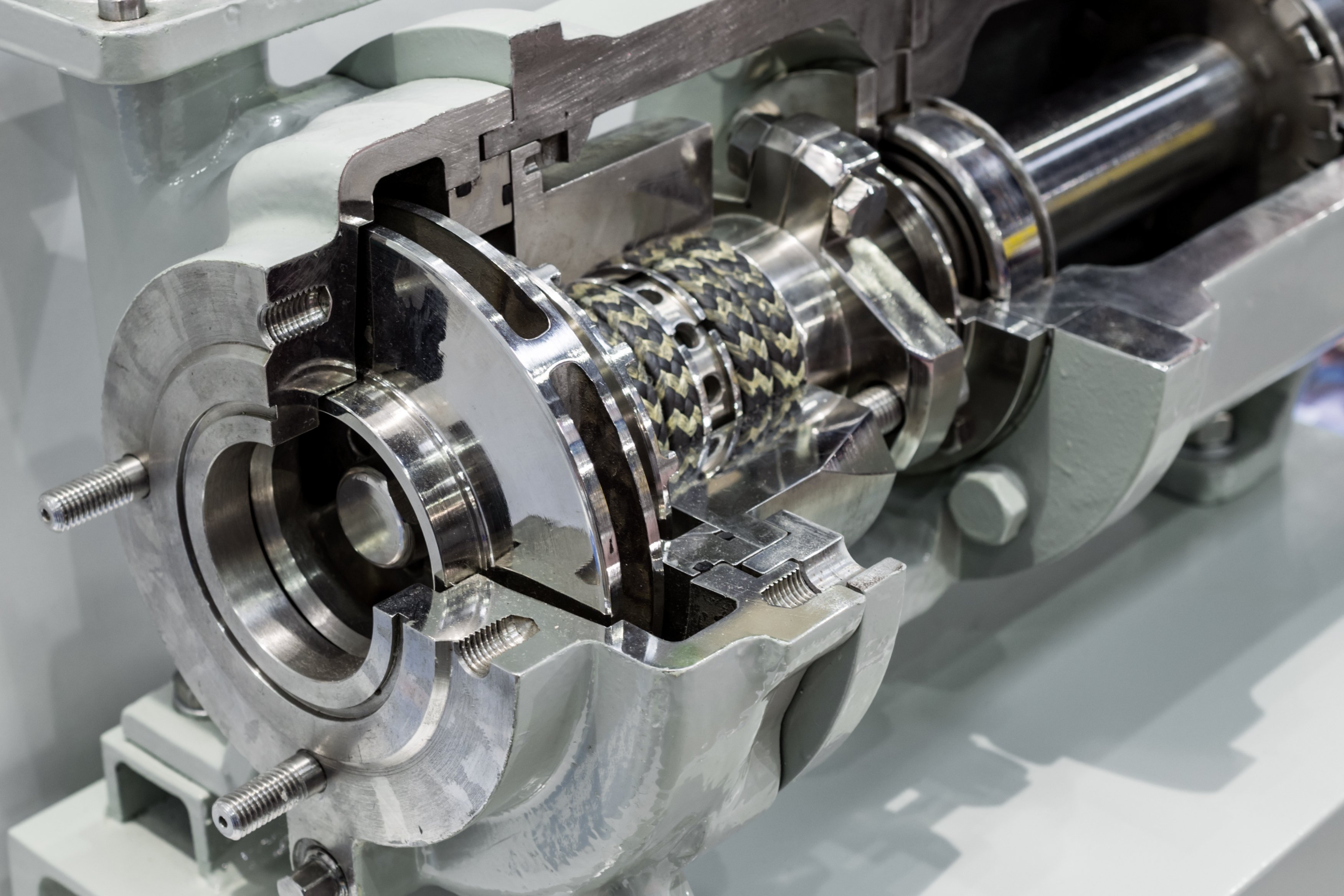Shorten lead time? Collaborate more efficiently with other companies.
Door Sjors Hooijen op Aug 20, 2021 1:26:56 PM
The Dutch manufacturing industry is facing major challenges. To face global competition, continuous innovation and a structural increase in productivity and flexibility is necessary. Market demand is becoming less predictable. The “Time to Market” is getting shorter and products have an increasingly shorter life cycle. As a result, the production chain must increasingly adapt to varying production volumes, shorter delivery times, smaller series and the production of customer-specific variants in order to reduce the overall lead time.
To reduce the lead time of your processes to a minimum, it is recommended to use an ERP system. Traditional ERP systems usually provide a good picture of the internal processes, but do not have the possibilities to visualize the entire or part of the chain. Even modern ERP systems are not designed to exchange data with chain parties. Companies with large capacities and financial resources can move fairly quickly with the digitization needed to continue to innovate. However, we note that the (small) supply companies within the manufacturing industry do not yet have this clout. Companies under 10 employees are lagging behind in the field of digitization to cope with the trends of shorter lead times, security and smaller series. The demand for shorter delivery times, higher flexibility and customer-oriented solutions entail the necessary consequences for which companies, under 10 employees, do not have all the resources and knowledge. The chain must be able to supply smaller series at lower costs. Working together is necessary to survive with the right margin and to also be able to compete with the Far East. To compete on the global market, OEMs will increasingly have to innovate together with their suppliers.
The current order flow between companies now takes place on paper, email or telephone. Requests for quotations are entered by various parties, printed and re-sent by email to another company. The supplier enters the order request in his ERP system (if present) or excel. The order confirmation and communication about that order will then take place outside the actual order by telephone or email. The method is not optimal and very error prone. The focus is on the 100th emails sent and received every week. The emails contain files and communication that is crucial for processing the order. A lot of valuable company data is hidden in emails and is not accessible to other employees. A central source of information that is accessible to several people is the solution.
The demand for shorter delivery times, higher flexibility and customer-oriented solutions entail the necessary consequences for which companies, under 10 employees, do not have all the resources and knowledge.
As Tech2B we have inventoried and interviewed the market and formulated the following core problem: Standalone solutions such as ERP systems do not offer a solution for the companies. The error sensitivity of the order process, which is set out by the requesting party, is too complex and error-prone. This does not contribute to the demand for shorter delivery times, higher flexibility and customer-oriented solutions. With an overarching order management, companies are better able to gain insight into the consequences of deviations and to better manage sub-processes based on the needs of order realization. In short: the current manual order communication administration results in a longer lead time and additional failure costs.
Tech2B is an overarching online platform which aims to make a link between a demand for technical parts or services and a suitable supplier in an easy and clear manner. A dynamic central information source. In this process, Tech2B ensures that communication runs smoothly and that all drawings and invoices are visible within a few mouse clicks. All this to optimize and connect the entire manufacturing industry, so that work can be done more efficiently and professionally. With this cloud-based solution, a chain integration takes place that offers many advantages for the entire manufacturing industry. Communication at order level can take place via the platform. This is not possible with current ERP systems. In short: optimal coordination between supply and demand and one software and one online format, while safeguarding your own company identity and processes. Companies with their own ERP system can make a good and interactive link with the platform.
Are you curious about what Tech2B has to offer you? Sign up now or take a look at our assignments page to see what kind of assignments are currently on the platform
- Tech2B eng (21)
- Blog (15)
- Manufacturing industry (6)
- Pers (6)
- Supplier (6)
- interview (6)
- Partnership (5)
- Company (2)
- Partners (2)
- RFQ's (2)
- Supplychain (2)
- Tech2B (2)
- contract management (2)
- ACE (1)
- Android App (1)
- Autodesk Viewer (1)
- Bestronics (1)
- Business opportunities (1)
- Contour (1)
- Docusign (1)
- Knowledge institution (1)
- NDA (1)
- Network organization (1)
- SOLID (1)
- Sheet metal processing (1)
- Shorten lead time (1)
- adviesbureau (1)
- canline (1)
- feature (1)
- news (1)
- February 2025 (2)
- January 2025 (4)
- September 2024 (2)
- May 2024 (1)
- April 2024 (1)
- September 2023 (1)
- August 2023 (1)
- July 2023 (1)
- June 2023 (2)
- May 2023 (1)
- April 2023 (1)
- March 2023 (3)
- February 2023 (3)
- November 2022 (1)
- August 2022 (1)
- July 2022 (1)
- April 2022 (1)
- March 2022 (1)
- February 2022 (1)
- October 2021 (1)
- August 2021 (18)


Nog geen reacties
Laat ons weten wat je denkt